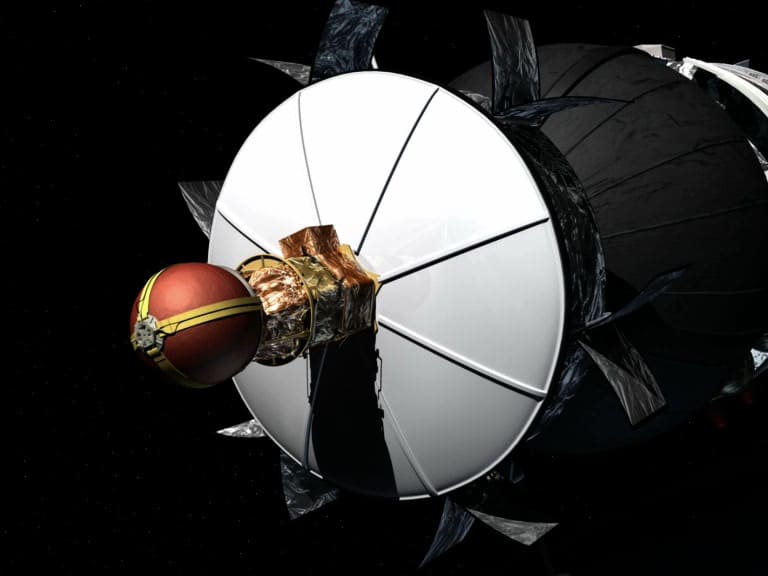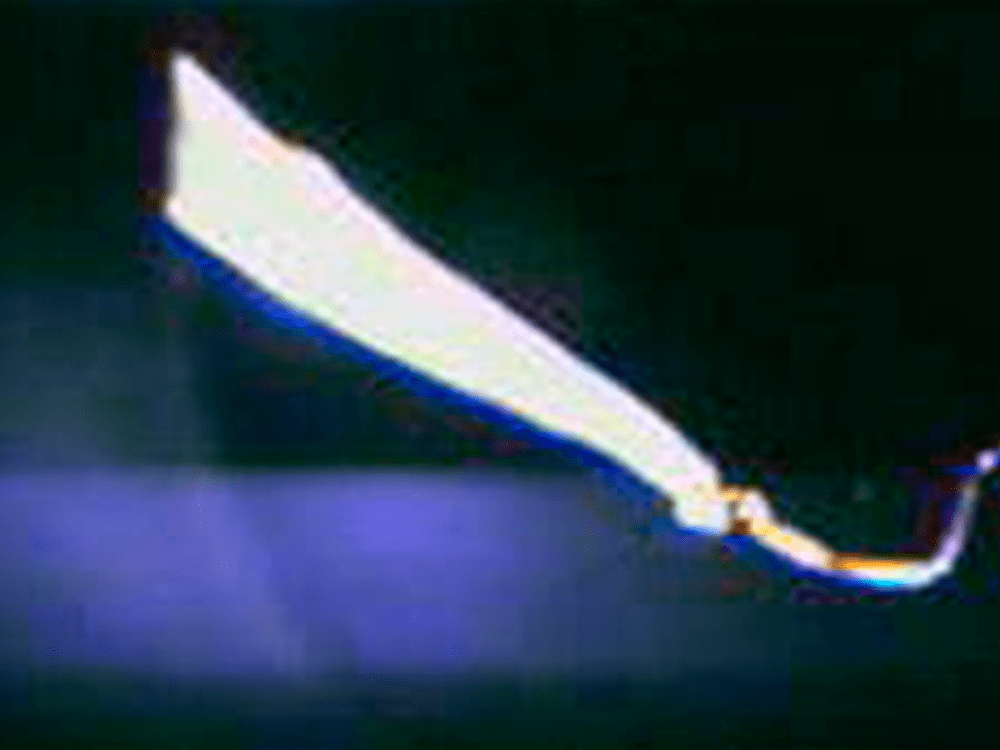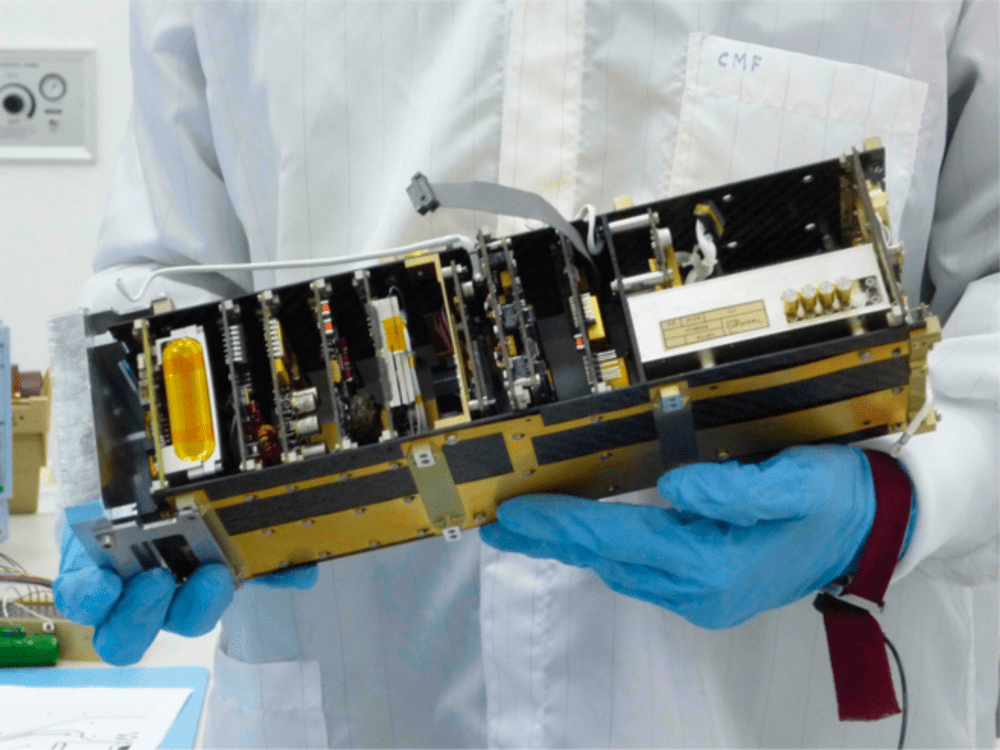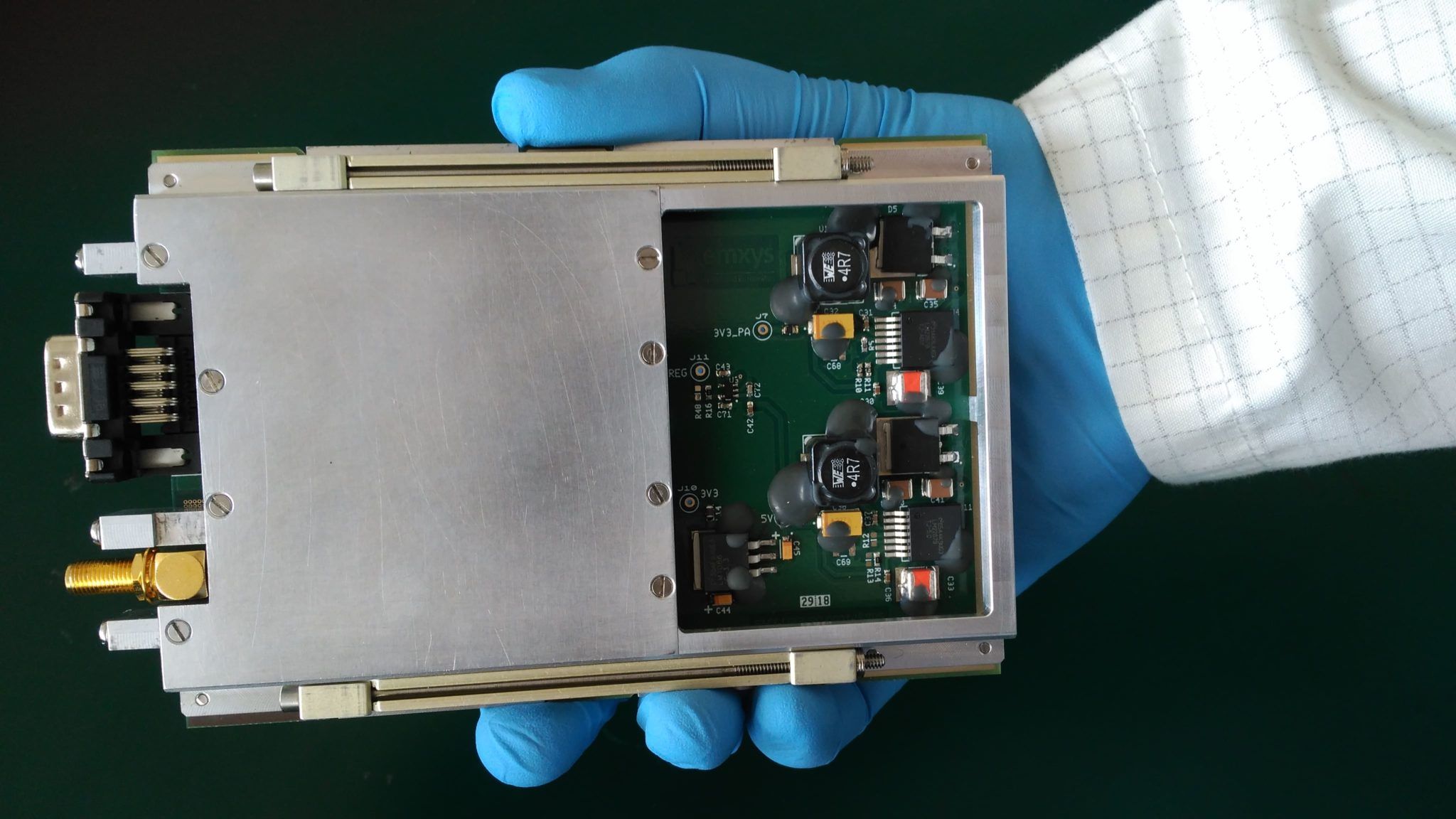Thriving upon breakthrough technologies to overcome complexity
EMXYS spaceflight track record backs to 2007 and, since then, the spirit for quest of technical excellence on the most demanding missions remains unwavering, inspiring our staff in reaching the highest technical and quality standards to face the most complex challenges.

ESA's Young Engineers Satellite 2 experiment was launched on September 14, 2007. After 12 days in orbit, a 30-km long, half-millimeter diameter tether (thin cable) was deployed to de-orbit the spacecraft. This experiment demonstrated the feasibility of the SpaceMail concept for returning payloads to Earth.
2007
YES2
2010
T-REX JAXA

T-REX (Tether-Rocket Experiment) was a sounding rocket mission on board a S-520 JAXA sounding rocket, participated by NASA MSFC. T-REX aimed to demonstrate the operation of an Electrodynamic tether probe in upper atmosphere.

OPTOS Nanosatellite Experiment INTA (National Institute of Aerospace Technology). EMXYS developed the FBG sensor readout optoelectronics (interrogation unit) based in a tunable laser source including the active thermal control stage.
2013
OPTOS
2020
UPMsat-2

The satellite's on-board electronics unit implements an advanceed UHF-band radio transceiver capable of remote reconfiguration from both the ground station and the satellite's on -board computer.
Upcoming Missions

EMXYS is the prime contractor of the gravimetry instrument GRASS onboard JUVENTAS CubeSat. EMXYS is responsible of engineering, mechanical and electronical design of the gravimeter, involving very low noise mixed-signal electronics.
2024
HERA
2024
ODALISS

The ODALISS platform is based on a flexible payload to be connected in a scalable architecture. The interface includes different power lines (regulated and unregulated), serial communication interfaces and digital control lines providing a perfect interface for any payload designer.